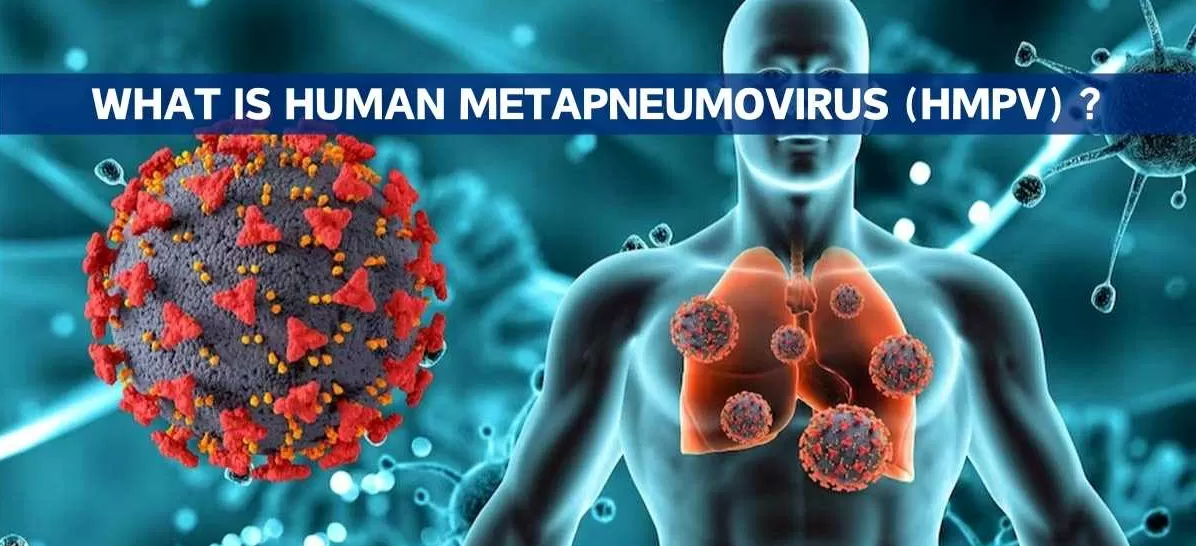Eggs are one of the best sources of protein
Eggs are often considered a top protein source, offering about 6 grams per egg. But did you know that some vegetables pack even more albuminoid per serving? While eggs are a nutritious choice, certain plant-based options can provide high-quality protein and essential vitamins, minerals, and antioxidants.
Whether you’re vegetarian, vegan, or simply looking to add more plant-based protein to your diet, these five vegetables can help you reach your protein goals—without compromising on nutrition!

Spinach
Spinach is a nutrient powerhouse and a great source of plant-based albuminoid.
Protein content: About 5.4 grams per cup (cooked) or 2.9 grams per 100 grams.
Since spinach shrinks when cooked, you can easily consume multiple servings, boosting your albuminoid intake.
Rich in iron, calcium, and vitamins A, C, and K, spinach supports bone health, immunity, and overall well-being.
Add it to smoothies, soups, dals, curries, or palak paneer for a delicious protein boost.

Drumsticks
Drumstick leaves, also known as moringa leaves, are one of the richest plant-based albuminoid sources.
Protein content: A whopping 9 grams per 100 grams!
Besides protein, they are loaded with iron, calcium, antioxidants, and fiber, supporting digestion, immunity, and overall health.
Use them in stir-fries, dals, sambar, soups, and parathas for a nutritional punch.

Broccoli
Broccoli is often recognized for its fiber and vitamins, but it’s also a surprising albuminoid source.
Protein content: 2.8 grams per 100 grams or 5.7 grams per cup (cooked)—even more than an egg!
Packed with antioxidants, folate, and potassium, broccoli promotes heart health, and digestion, and reduces inflammation.
Add broccoli to stir-fries, salads, soups, pasta, or mixed vegetable curries for a delicious and nutritious meal.

Mushrooms
Mushrooms, particularly white button mushrooms, are an underrated source of albuminoid.
Protein content: 3.1 grams per 100 grams (raw) and even higher when cooked due to water loss (5-7 grams per cup cooked).
They are rich in B vitamins, selenium, and antioxidants, which promote brain health and immunity and even possess anti-cancer properties.
Cook mushrooms in stir-fries, omelets, curries, pasta, or soups to enhance your meals with plant-based protein.

Peas
Peas are one of the best plant-based sources, making them a fantastic addition to any diet.
Protein content: 8 grams per cup (cooked) or 5 grams per 100 grams.
Loaded with fiber, vitamin K, and folate, peas help with digestion, heart health, and blood sugar control.
Use peas in salads, pulao, curries, pasta, or mashed into spreads like hummus.











Leave a Reply